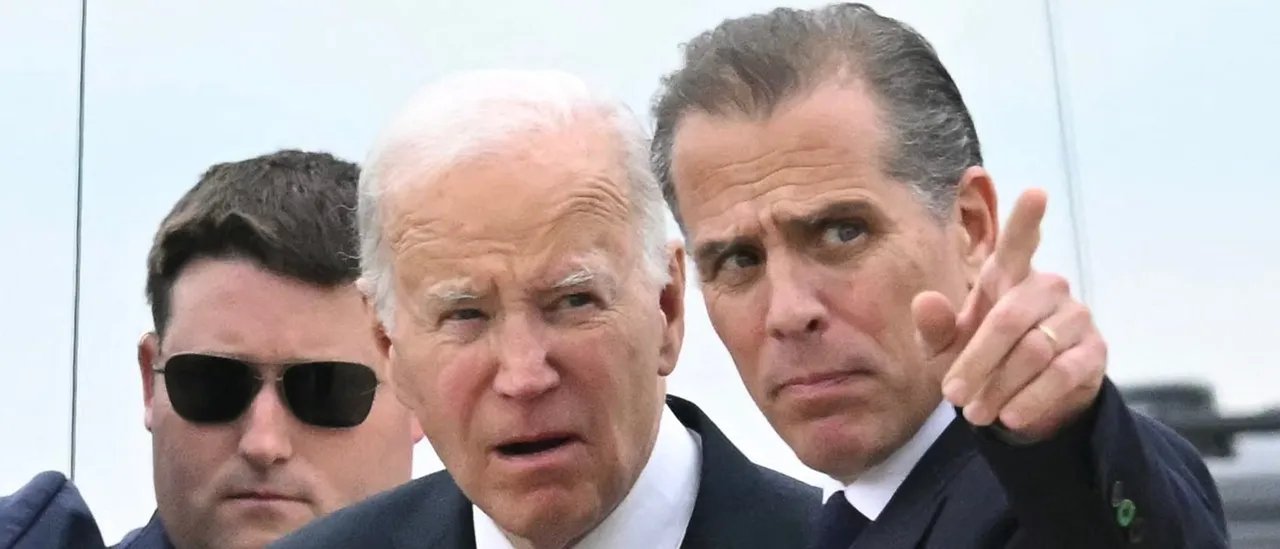A group aiming to revive the idea of constructing a dam on Columbia’s Duck River is collaborating with U.S. Rep. Andy Ogles to secure federal funding for feasibility studies. This initiative attempts to bring back plans from decades past that were halted in the 1980s and ultimately dismantled in the 1990s.
The push is straightforward—they want to fund the federal government in rebuilding the Columbia Dam. An Ogles spokesperson confirmed his active engagement with Rep. Chuck Fleischmann, a Tennessee Republican, who chairs the committee overseeing energy and water management. They’re exploring federal measures to facilitate dam construction along the Duck River.
Feasibility studies are essential first steps in this long process. However, details about the required funding or a timeline for decisions remain unclear at this stage.
Supporters argue that dams are vital for securing affordable drinking water as Middle Tennessee continues to grow. They highlight potential economic benefits tied to the creation of a lake in Columbia. On the flip side, opponents are skeptical. A group called “Don’t Dam the Duck” emerged on social media, voicing concerns about the environmental effects. The Duck River holds a special status as a Class II scenic waterway, recognized for its biodiversity, and many question what land might be seized for this project.
The topic of Columbia Dam is sensitive for many in the Maury County community, particularly among those whose families lost land due to the dam’s earlier construction efforts in the 1960s.
The previous attempt to build the dam faced numerous challenges, including lawsuits over environmental impacts and the discovery of endangered mussel species in the river. Rising costs and legal issues with the U.S. Army Corps of Engineers further complicated matters.
Construction of the dam was halted; in 1983, concrete work was nearly complete, and about 45% of the required land had already been acquired by TVA. However, TVA currently has no plans to construct new dams or reservoirs across seven states, emphasizing collaboration with various partners to ensure water supply adequacy in communities along the Duck River.
Discussion on Water Solutions in the Duck River Basin
During a public meeting on July 15, participants were informed about the efforts of the 19-member Duck River Basin Planning Partnership, formed under Governor Bill Lee. This group is tasked with shaping strategies for both preserving the river and meeting water needs in the area. They have already met twice, with a report expected to be released to the state by November 20th.
The Duck River Conservancy, a coalition of landowners focused on river preservation, opposes the dam project, arguing that it would undermine governmental commitments to the basin. They pointed to ongoing concerns about water waste, environmental impacts, and the potential for droughts.
Leadership of the Columbia Dam initiative includes lawyer and Maury County Commissioner Jerry Bridenbou, along with Jason Gilliam from the Maury County Water Systems Board. Gilliam acknowledges the planning group’s efforts but insists on accountability in addressing affordable water solutions, dismissing alternatives like a pipeline to source water from the larger Cumberland River.
“What some people don’t understand is that if we don’t build this dam, we won’t achieve affordable water for the southern counties of Middle Tennessee,” he noted.
Conversely, Sarah Gilliam, a member of the “Don’t Dam the Duck” group and related to Jason by marriage, expresses doubts. She raises concerns over whose property might be affected if the project advances and whether the accompanying infrastructure costs are viable.
“We have community stakeholders who are not on board with the dam, based on research and data,” she stated. “People are understandably frustrated with current water issues, but any solution will take time.”
The Mallory Valley Utility District, which serves over 5,000 customers in nearby areas, is nearing the completion of a feasibility study for a water pipeline, expected to conclude in the fall.
Recently, Columbia Dam’s supporters have been collecting non-binding resolutions from local county and city governments, showcasing their backing for the initiative. If funding is approved for a feasibility study, it could clarify the project’s potential impacts, costs, and benefits for the surrounding community.






